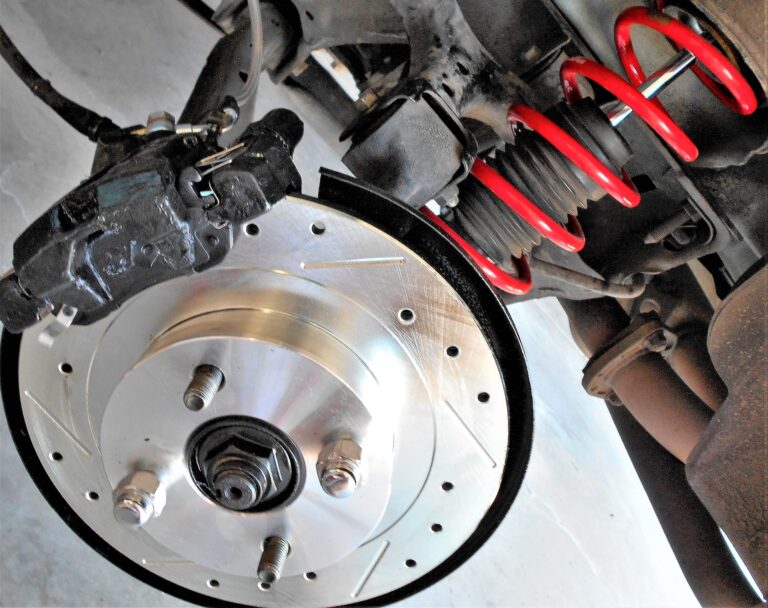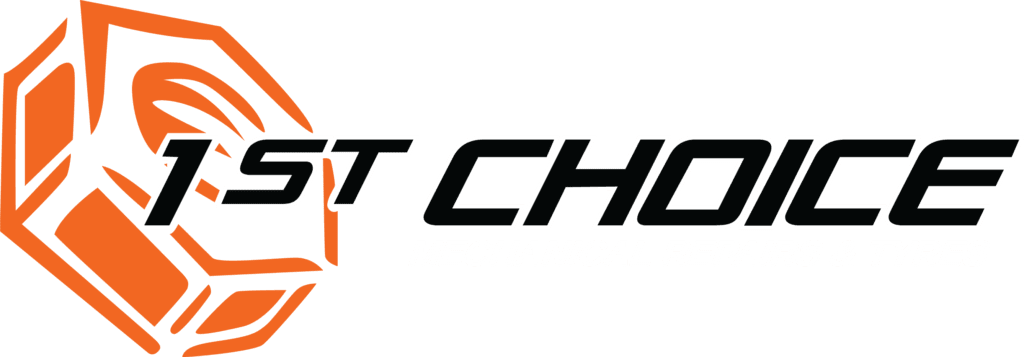![]() Monday – Thursday 7.30 am – 5.00 pm Friday 7.30 am to 4.00 pm
Monday – Thursday 7.30 am – 5.00 pm Friday 7.30 am to 4.00 pm
Your car is a reliable companion, taking you from point A to point B, but like any machine, it requires regular care and maintenance to perform at its best. One essential aspect of car maintenance is the tune-up. In this comprehensive guide, we will discuss the signs that indicate your car may need a tune-up, delve into the benefits of regular maintenance for vehicle longevity, and offer tips on when to seek professional help.
Poor Fuel Efficiency: If you’ve noticed a significant drop in your car’s fuel efficiency, it could be a sign that your engine isn’t running optimally. A tune-up can address issues like clogged air filters, spark plug problems, and faulty sensors, all of which can affect fuel economy.
Lack of Power: A decrease in engine power can result from issues such as worn-out spark plugs, a dirty fuel injector, or a clogged air filter. A tune-up can restore your car’s power and responsiveness.
Rough Idling: If your car idles roughly, shaking or vibrating when at a standstill, it could be due to problems with the ignition system, fuel delivery, or the engine itself. A tune-up can diagnose and rectify these issues.
Start-Up Problems: Difficulty starting your car, especially in cold weather, can be attributed to a weak or malfunctioning battery, faulty spark plugs, or a malfunctioning starter motor. Regular maintenance can prevent these issues.
Unusual Noises: Unusual noises from your engine, such as knocking, pinging, or rattling, may indicate ignition or timing problems. These noises can be addressed during a tune-up to prevent more extensive damage.

Check Engine Light: When your check engine light illuminates on the dashboard, it’s often a sign of an underlying problem that needs attention. A tune-up can diagnose and resolve the issue before it worsens.
Extended Engine Life: Regular tune-ups help keep your engine running smoothly, reducing wear and tear on vital components. This, in turn, extends the overall lifespan of your engine.
Improved Fuel Efficiency: A well-maintained engine operates more efficiently, leading to better fuel economy. Over time, the cost savings on fuel can be substantial.
Reduced Emissions: A properly tuned engine produces fewer harmful emissions, contributing to a cleaner environment and ensuring your car complies with emissions regulations.
Enhanced Performance: A tuned-up car performs better, with improved acceleration, power, and responsiveness. This makes your driving experience safer and more enjoyable.
Prevention of Costly Repairs: Regular maintenance can catch and address issues early, preventing them from escalating into expensive repairs down the line.
Smoother and Safer Driving: A well-maintained vehicle handles better, brakes more effectively, and provides more predictable handling, contributing to overall road safety.
While some car enthusiasts may perform basic maintenance themselves, many individuals rely on professional mechanics for tune-ups. Here are some tips on when to seek professional help:
Scheduled Maintenance: Follow your manufacturer’s recommended maintenance schedule. Most vehicles require a tune-up every 30,000 to 100,000 miles, depending on the make and model.
Check Engine Light: If your check engine light is on, it’s a clear indicator that something is wrong, and you should consult a mechanic for a diagnostic check.
Unusual Symptoms: If you experience any of the signs mentioned earlier, such as poor fuel efficiency, rough idling, or strange noises, it’s time to schedule a tune-up.
DIY Limitations: If you lack the tools, experience, or time to perform a comprehensive tune-up, it’s best to leave it to the professionals to ensure the job is done correctly.
Warranty Considerations: If your car is still under warranty, adhering to the manufacturer’s recommended maintenance schedule, often requiring professional service, may be necessary to maintain warranty coverage.
Regular tune-ups are essential for the health and longevity of your vehicle. By recognizing the signs that indicate your car may need a tune-up and understanding the benefits of regular maintenance, you can ensure that your car continues to provide reliable and efficient transportation. Don’t wait until a minor issue becomes a major problem; schedule regular tune-ups to keep your car running at its best for years to come.

If you need an experienced and honest mechanic in Wollongong, make 1st Choice Mechanical Repairs your only choice.
Licence. No: MVRL31591



All rights reserved 1st Choice Mechanical Repairs Copyright 2023